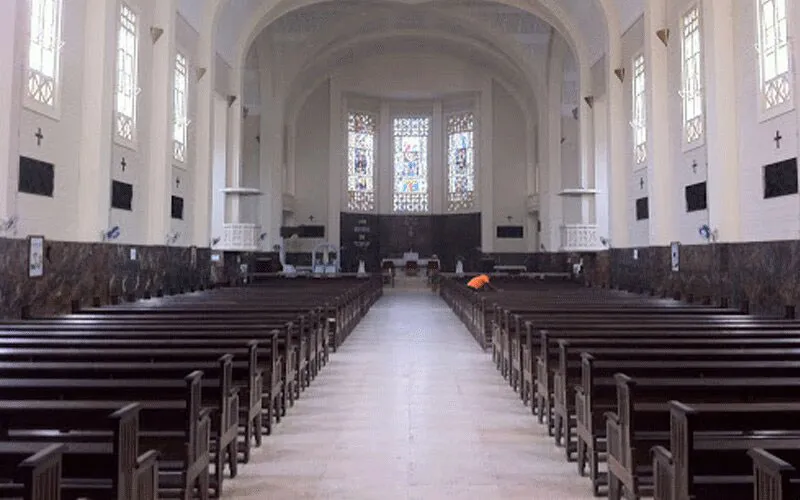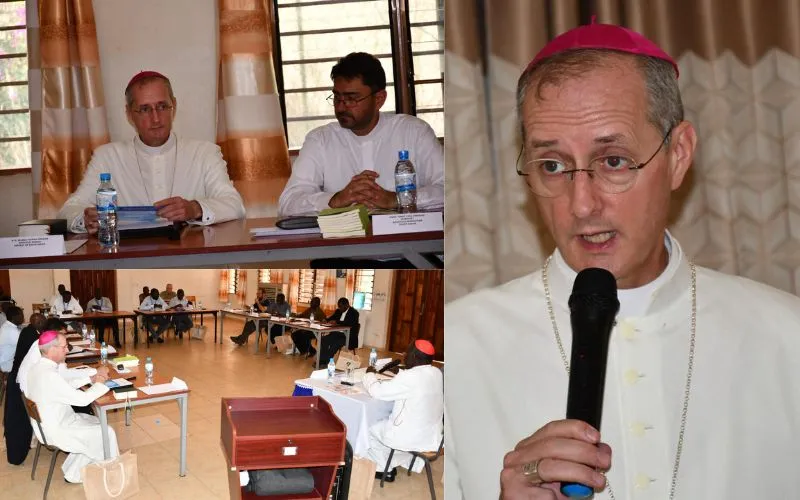Beira, 20 March, 2021 / 12:50 pm (ACI Africa).
An Archbishop in Mozambique has, in a statement, expressed concerns about the ban placed on public worship in the Southern African nation saying the measure taken against the prevention of COVID-19 is causing “much greater” damage to society.
“Closing places of worship may serve to prevent an eventual contamination of the faithful who go to pray, but the damage it does to society in the fight against this pandemic is much greater,” Archbishop Claudio Dalla Zuanna of Beira Archdiocese says in his statement circulated Sunday, March 14.
While the suspension of public worship in Mozambique is considered an easy measure, with no economic costs, Archbishop Zuanna says, the restriction “has little effectiveness from the point of view of prevention, but it makes us believe that we are taking important steps in perhaps realizing that we are weakening our society by robbing it of its soul.”
The Local Ordinary of Beira explains, “By stifling the spiritual dimension and preventing the manifestation of religiosity in the life of the citizen, an irreplaceable element is taken away in God, in solidarity with the community, and its nourishment.”
“Does secularizing society, making religious manifestation something marginal and reserved for the private sphere, respond to the good of the people or to the agendas of a few donors and international agencies?” the 62-year-old Archbishop poses.








